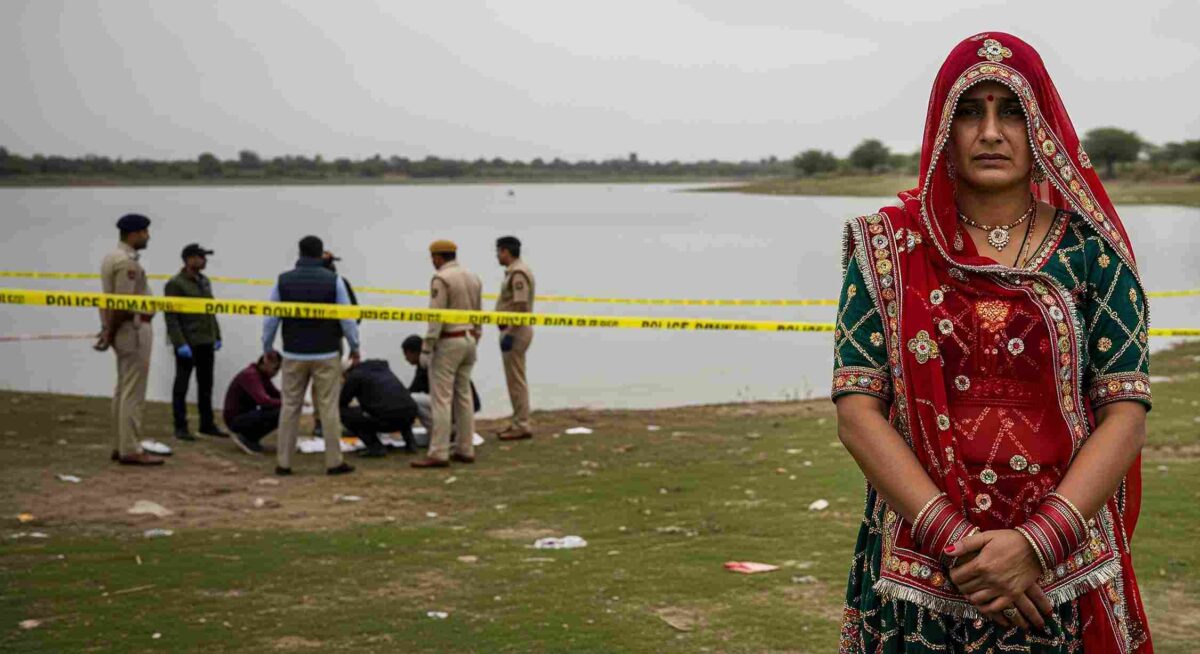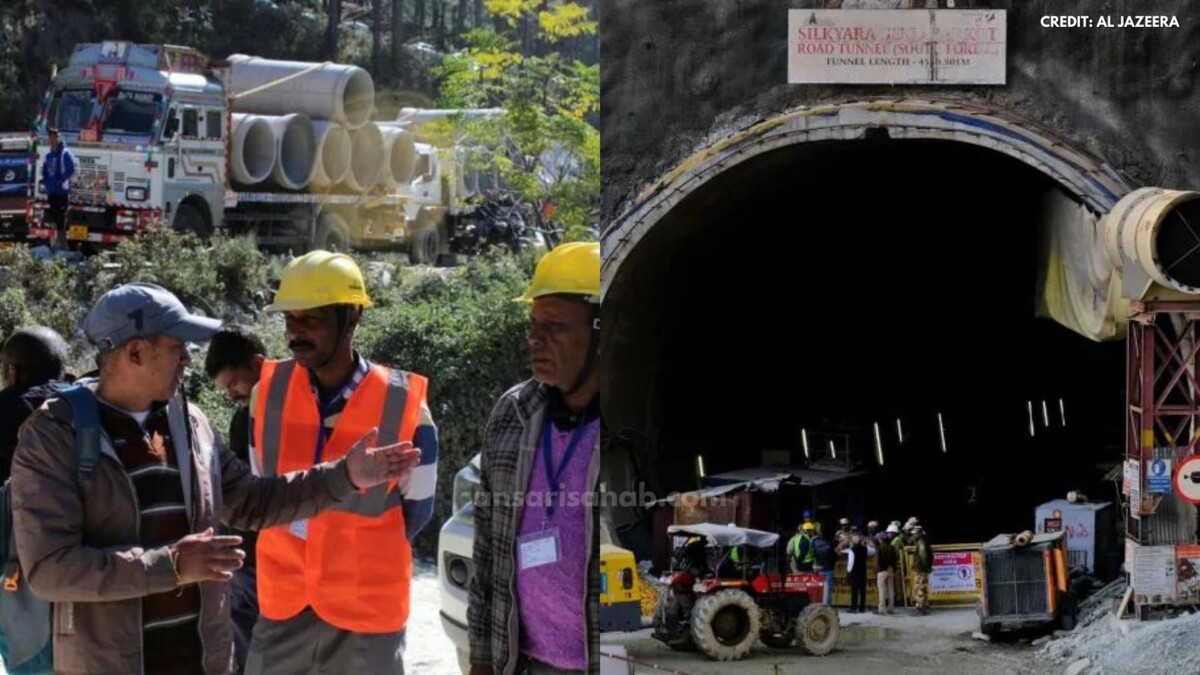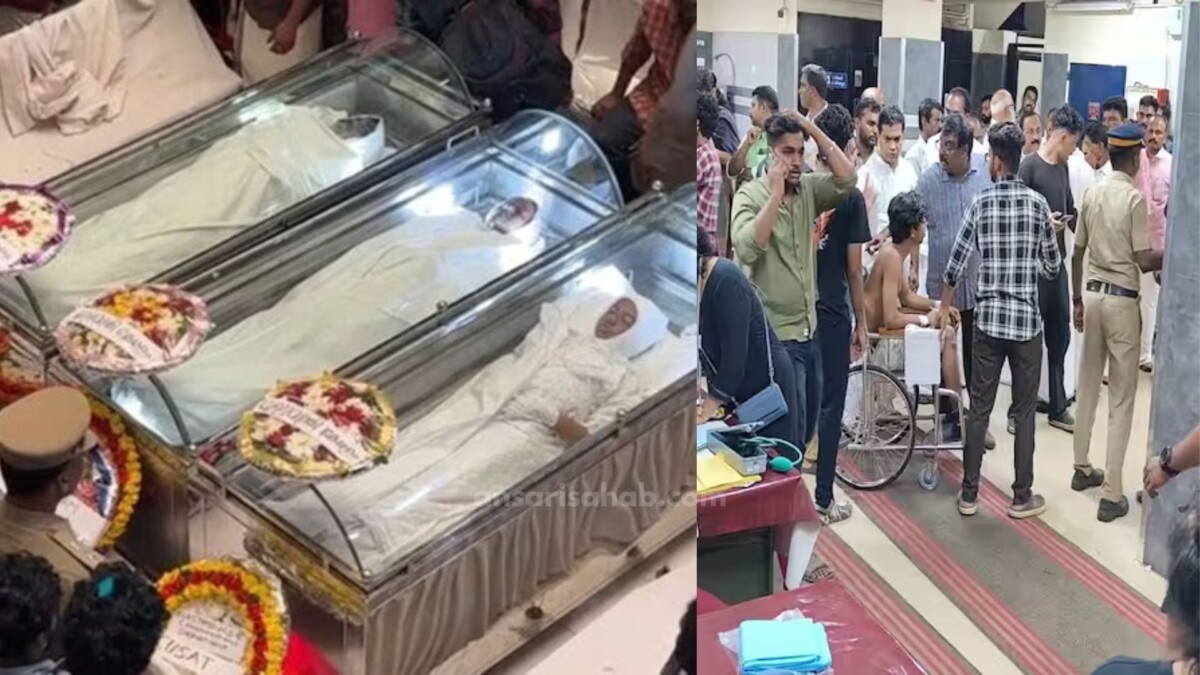A 28-year-old woman in Ajmer, Rajasthan, allegedly killed her 3-year-old daughter by throwing her into Ana Sagar Lake late Tuesday night, police said. The accused, identified as Anjali (also known as Priya Singh), was arrested early Wednesday after CCTV footage contradicted her initial claim that the child had gone missing. The case has sparked widespread shock and is under detailed investigation.
What Happened
- Anjali, originally from Varanasi in Uttar Pradesh, had been living in Ajmer with her live-in partner, Alkesh Gupta, after leaving her husband. She worked as a receptionist at a hotel where Gupta is also employed.
- On Tuesday night, she reportedly sang a lullaby to put her daughter, Kavya, to sleep, then took her out for a walk near Ana Sagar Lake. Late in the night, she claimed to police that the child had suddenly disappeared.
- During a patrol, Head Constable Govind Sharma questioned Anjali and her partner around Vaishali Nagar towards Bajrang Garh. Anjali told officers the child had gone missing, and she denied needing police help; Gupta was informed only after the disappearance was reported.
Evidence & Confession
- CCTV footage from around Ana Sagar Lake showed Anjali carrying the child in her arms and walking with her late at night. Hours later, she was seen alone, busy on her mobile. This contradicted her earlier statements about an unexpected disappearance.
- The child’s body was found floating in the lake the next morning. After intense questioning, Anjali confessed to having thrown her daughter into the water. She reportedly said she was under emotional stress and verbal taunts from her live-in partner about Kavya being from her first marriage drove her to commit the crime
Motive, Police Response & Charges
- According to police, Anjali alleged that her partner often taunted her for having a child from her first marriage, which became emotionally overwhelming for her. The motive as stated is deeply rooted in humiliation and repeated domestic tension.
- The Christian Ganj police in Ajmer have registered a murder case against Anjali. They are also investigating whether Gupta (the live-in partner) had any role or prior knowledge of the act.
Broader Context & Implications
- The case draws attention to issues of domestic abuse, mental health, and stigmatization of children from prior marriages in live-in relationships. Authorities and community members are calling for stricter intervention in verbal abuse and psychological strain.
- It also raises questions about the role of law enforcement in responding to missing-child claims versus suspicious circumstances. CCTV surveillance, patrols, and timely follow-ups played a key role in this case.
What It Means for Families & Society
- The tragedy is likely to trigger calls for better support systems for women in live-in relationships, including counselling, legal protection, and shelters.
- Children from first marriages or outside formal marriage structures may remain vulnerable to stigma in domestic settings. Public dialogue on family structure, acceptance, and child protection may increase.
- Policymakers may face pressure to ensure that taunts, verbal abuse, or emotional trauma are recognized more seriously in legal frameworks.
FAQs
The accused is a 28-year-old woman named Anjali (also known as Priya Singh), originally from Varanasi, Uttar Pradesh, residing in Ajmer, Rajasthan.
Anjali allegedly threw her daughter, Kavya, into Ana Sagar Lake after enduring repeated verbal taunts from her live-in partner about having a child from her first marriage. She first misled authorities by claiming the child had gone missing.
Anjali has been arrested by Ajmer police. A murder case has been registered. The authorities are investigating whether her live-in partner, Alkesh, had any involvement. CCTV footage and her confession are central pieces of evidence.
This incident in Ajmer forms a grim reminder of how unchecked emotional abuse and societal pressure can escalate into tragedy. As investigations proceed, many will be watching whether broader protective systems for women and children are strengthened to prevent similar cases.
Sources: NDTV









